 Maybe I should start with asking, “Do you know what a platform is?” I’m not talking about the construction/architectural definition or the political definition, but the one used for us writers. Recently I proof-read a query for a friend and realized that not everyone knows what agents are asking when they request information about a potential client’s platform. Granted, the terminology is confusing. I’d never heard the word used like this before I got into the business.
Maybe I should start with asking, “Do you know what a platform is?” I’m not talking about the construction/architectural definition or the political definition, but the one used for us writers. Recently I proof-read a query for a friend and realized that not everyone knows what agents are asking when they request information about a potential client’s platform. Granted, the terminology is confusing. I’d never heard the word used like this before I got into the business.
A platform is the group of people you personally have access to.
That’s all there is to it. Do you have a family? Do you have friends? Do you belong to any kind of organization? Do you have a job? All these count toward your platform. They may not provide the impressive numbers agents and publishers are looking for, but they’re a start.
The best time to start building your platform is the moment you decide you want to write a book. Get involved with social media if you haven’t already, and if you have, expand your circles. You don’t have to write book-related things, just make friends. Your “followers” count as part of your platform. Write for magazines. Join groups. Like I said, they don’t have to be writing-related. Join organizations that hold the people who will comprise your future audience. They’re your springboard. Look at it this way: A platform is the foundation from which your readership will be developed.
Gaining this understanding is the easy part. The hard part is developing numbers high enough to impress those you query.
At the ACFW conference, I listened to the professionals during two agent panels as they discussed the importance of platform. The numbers they were quoting made me wonder just who was dreaming–me or them? Folks with the kind of platform they’re hunting are a small percentage of those seeking an agent. It was depressing, I tell ya. Made me wonder if I had a chance.
I started brainstorming ideas of how to improve my platform, add to my numbers. First idea that came to mind was to streak the Super Bowl. Then, as they led me off the field, wrapped modestly in a cop’s jacket, I’d hold up a placard: “Christian Author! Follow me on Twitter!”
I discarded that idea. Getting to the Super Bowl would be expensive.
Another idea I had was to claim to be related to someone famous. I could be Linda Kardashian, the redheaded stepchild. Linda Trump, the one who didn’t inherit the business mogul gene. Or maybe I could star in a reality show. Real Housewives of Naconowhere, Texas. Dish Dynasty. Naked and Frightening. Laundry Wars.
Truth of the matter is, every single superstar author started out as Joe Blow or Jane Doe. Before Stephen King was–you know, Stephen King!–he was probably just plain Steve. Agatha Christie was probably Aggie. Everyone had to start somewhere.
I asked one of the agents whether not having a monster platform was a deal-breaker, and he said, “Well, not for me.” And probably not for the others either. If so, they’d have a hard time getting clients. Which means that having an incredible product and a willingness to work can still land you an agent, even if your platform is as small as mine.

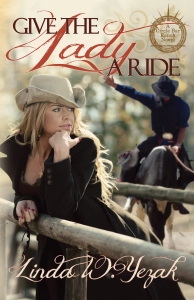




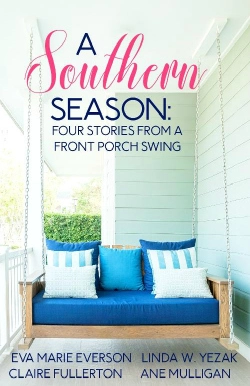
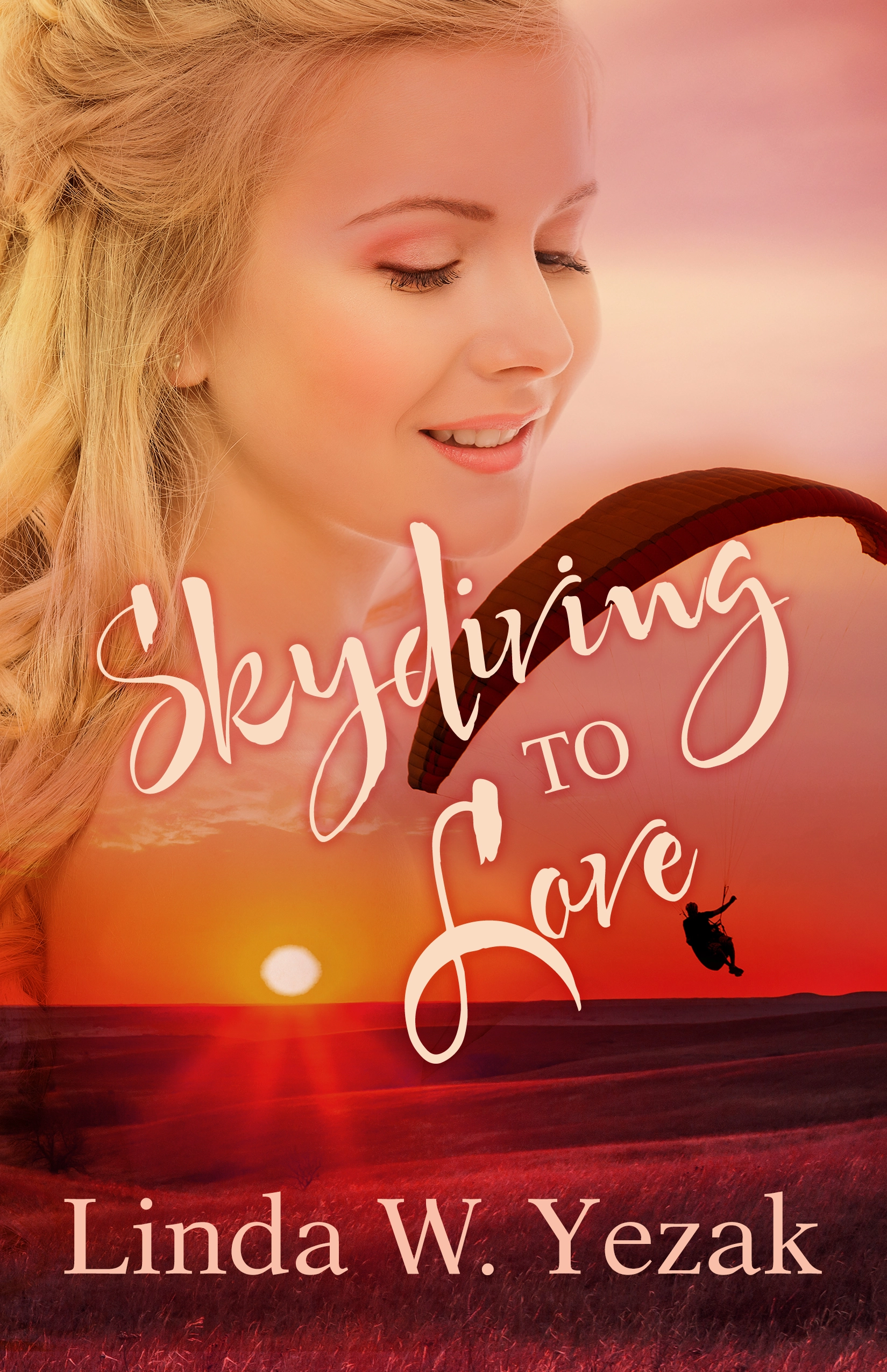
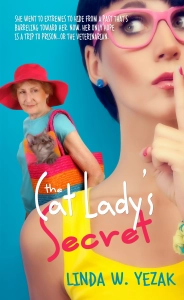






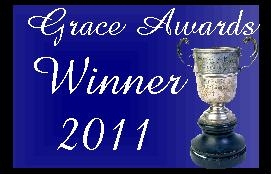


Great – and simple – explanation of platforms. Out of curiosity, what *were* the numbers the agents were talking?
LikeLike
I can’t remember whether the one quoted was 90k or 900k. Either way, it may as well be 9m for all the good it does me. I think if you add up absolutely everything I’m engaged with, on-line and off, I’d be lucky to hit 5k. 😛
LikeLike
That seems a little excessive. Via a Writer’s Digest article, these figures seem a little more reasonable:
Blog Page Views: 20k per month (good), 100k per month (great), 500k per month (fabulous)
Newsletter Subscribers: 5k (good), 15k (great), 100k (fab)
Sales of Self-Pubbed Books: 4k for non-fic, 2k for fic (good), 10k for non-fic, 6k for fic (great), 30k for non-fic, 15k for fic (fab).
LikeLike
I don’t think they meant it literally, but it’s funny how numbers below 10k are never given a gold star. But even the numbers WD quotes are high for most of us. My blog barely gets 10k hits per year. If I had to do that per month, I may as well quit now. I’ll go over 10k this year for only the third time since I opened 777 Peppermint Place. I’ve scraped it every year but the first, but going over has only happened twice before.
LikeLike
The agents at the conference I attended were less interested in platform for fiction authors and really only looked at numbers for nonfiction authors (and authors who self-published a previous book). I appreciate your honesty in disclosing your numbers. My website is in its infancy but my goal is to grow viewers and newsletter subscribers every month. As long as I am growing, I feel proud of my membership numbers. And you are right, everyone started as a “regular guy” before they became “that guy.” Good luck to you!
LikeLike
I really do sometimes think some agents emphasize platform a bit much, especially for newbie authors. Not that it isn’t important, but it’s not “make-or-break.”
Good luck to you too!
LikeLike
Great post, Linda! Platform is just as relevant to indie-authors in their marketing attempts, so I’ll be referring a few to this article. I’m reminded of a discussion I had after I edited a book for a self-published author. About four months after I returned the final edits of a manuscript, the author emailed me and said they would like for me to edit the second book in the series once the first one started selling. Not a single copy had been sold. I asked about the marketing platform, and the author response was, “Well, it’s for sale on Amazon. I tweet about it sometimes. What more do I need to do?”
*Headbang* The author has no web presence: no author page on Amazon, no website, no separate author page on FB, etc.
I love your posts. I think I’ve referred every editing client I’ve had to an article you’ve written.
Keep ’em coming 🙂
LikeLike
“Headbang” is right! Maybe that’s why some agents emphasize it. You can’t sell books if no one knows who you are!
Thanks for referring folks over here. I’m glad you find my posts helpful!
LikeLike
Ah yes, the age old question of finding time to do it all: write (why we are doing this in the first place) work (those of us still doing the day job), spend enough time on social media, and take care of marketing. Trying to find enough time is tough. Michael Hyatt’s recent article on the slow start seems to coincide with your post, Linda. Slow and stead will win the race if we don’t give up. Thank you for another very informative post.
LikeLike
Well, I meant to say STEADY. That’s what I get for hitting the post button without at least reading it over twice. Sigh, I need more coffee. 😉
LikeLike
There is no other way than slow and steady for most of us. I’m not at all certain how overnight hits happen, so I just have to keep pluggin’ away.
I know what you mean about hitting “post” too fast. Sometimes I don’t catch the errors even after I’ve proofread. That’s just sad.
LikeLiked by 1 person